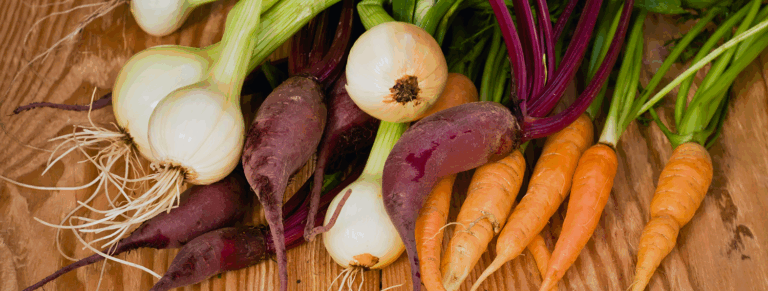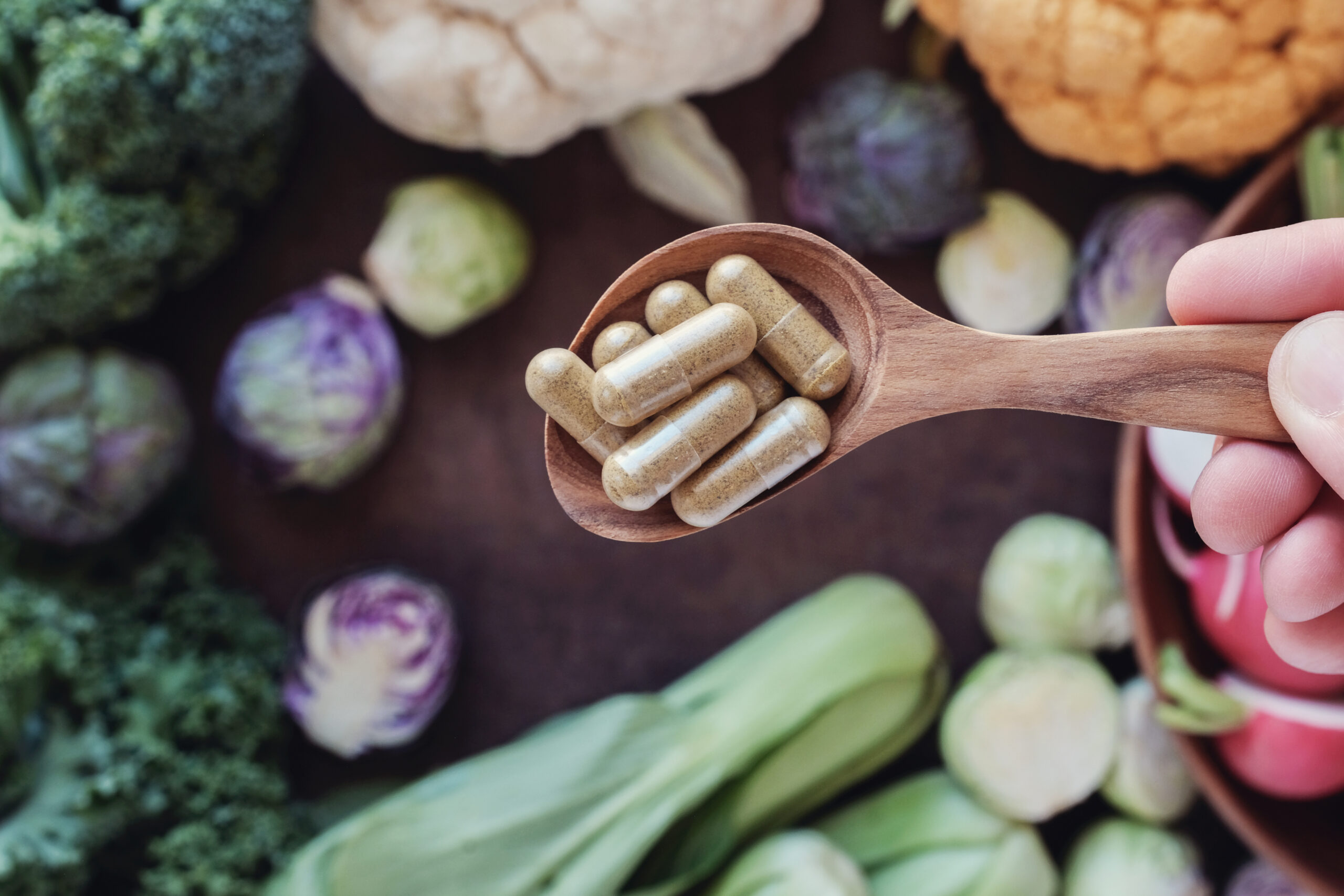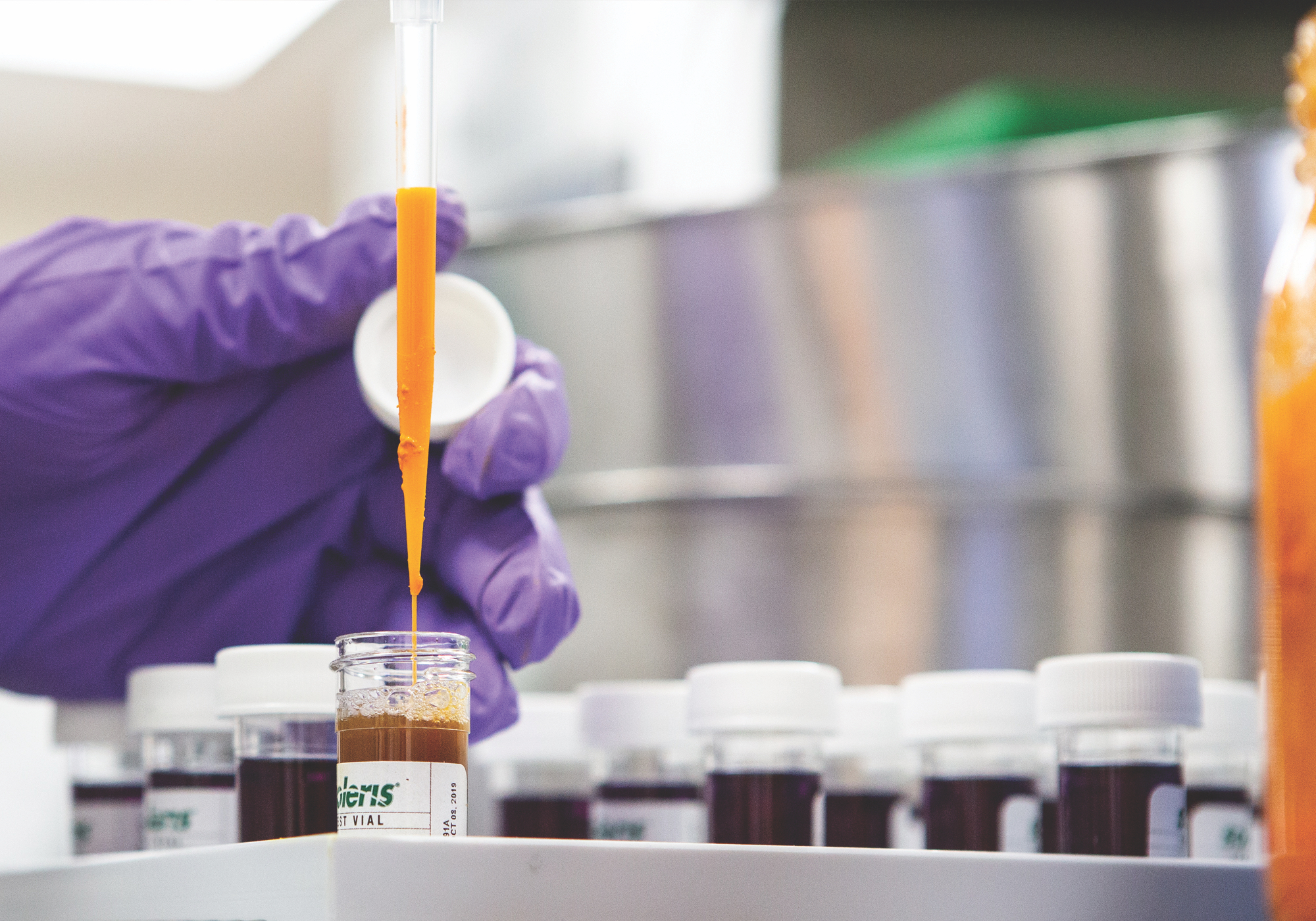Scientific name:Arctostaphylos uva-ursi
Constituents:
- Hydroquinone glycosides (arbutin)
- Tannins (Hydrolyzable & Condensed)
- Flavonoids
- Polyphenolic acids (ursolic, gallic & ellagic)
- Allantoin
- Volatile oil
Medicinal actions:
- Anti-inflammatory
- Antimicrobial (tissue specificity to urinary tract)
- Astringent
- Demulcent
- Diuretic
Mechanism of Action & Pharmacology:
- Hydroquinone derivative, arbutin appears to release aglycone in alkaline urine leading to antimicrobial effects. Arbutin, which is cleaved and conjugated to form hydroquinones, is a known inhibitor of tyrosine kinase and thus melanin synthesis, used in skin whitening treatments.
- Tannins are highly astringent.
- Allantoin helps promote the growth of healthy new cells and the healing of wounds.
- Note: The whole plant is more effective than isolated arbutin, which may be related to the activity of flavonoids (gallic acid or gallotannin) which prevents the splitting of arbutin by such enzymes as b-glucosidase. This enzyme is present in some enteric microorganisms that can occur in urinary tract infections. Thus, the flavonoid component allows more arbutin to be hydrolyzed than when isolated arbutin is administered.
Pharmacy:
- Infusion
- Tincture
- Capsules
Safety & Toxicity Concerns:
- Toxicity is proportional to the conversion of arbutin to hyrdroquinone, as hydroquinone is mutagenic. 15 g of the fresh leaves can provide 1 g of hydroquinone, which can be toxic with signs and symptoms of: tinnitus, nausea, vomiting, shortness of breath, cyanosis, convulsions, and delirium.
- Caution due to hydrolyzable tannin content that can accumulate, causing liver and kidney damage.
- Avoid during pregnancy & lactation, renal failure, and long-term use ( > 14 days).
Interactions:
- High doses of vitamin C and cranberry juice will transiently acidify the urine in a minority of people. Considering that arbutin may convert preferentially to hydroquinone in alkaline urine, urinary acidifiers can theoretically inhibit this conversion.
- High tannins may interfere with absorption of various nutrients (e.g iron).







